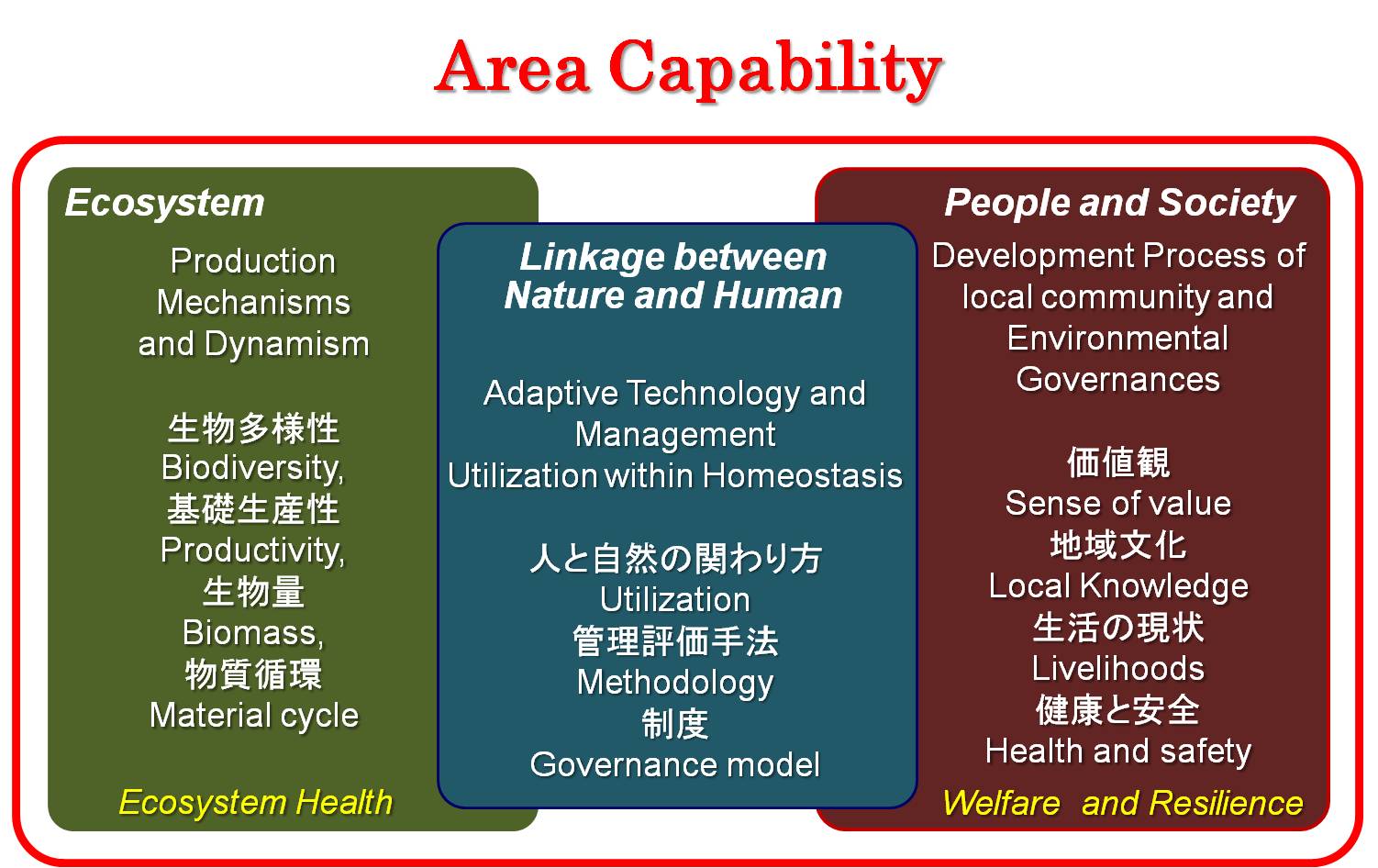

■ From JR KYOTO station
Kyoto-city Subway, Karasuma-line
Get off at "Kokusai kaikan"
Kyoto Bus No.40s(Bound for Kyoto Sangyo University)
or 50s (Bound for Ichihara)
Get off at Chikyu-ken mae
■ From Keihan railway, "Demachi yanagi"
Eizan railway, Kurama-line
Get off at "Niken-chaya" and walk 5 minutes
Inter-University Research Institute Corporation
National Institute for the Humanities, Japan
Research Institute of Humanity and Nature, Loboratory 6
〒603-8047 457-4 Kamigamo Motoyama. Kita-ku, Kyoto
Mail: yuuki.okamoto@chikyu.ac.jp (Mr. OKAMOTO)
Tel.: 075-707-2318
Biodiversity of tropical and sub-tropical coastal zone in Southeast Asia
is remarkably high in the world. Those fundamental ecosystems support local
livelihoods in various ways. In this region, some local societies practice
their traditional livelihood activities,meanwhile some societies live under
the strong effets of globalization and depends on commercialized economic
activities.
Objective of this project is enhanceing local livelihood capacity with
biodiversity in sustainable way, and this is a big chaallenge. To breakthrough
this difficulties, project attempts to seek the solution through the communication
and collaboration between academic efforts and local society.
We approch and examine the practical solution by build-up new concept on
resource management at local level, and we propose a proper communication
between human and nature.
Study areas
Thailand:Rayong、Surat Thani
Philippines:Iloilo, Aklan, Guimaras
Vietnam:Thua Thien Hue(Tam Giang Lagoon)
Myanmar:
Japan:Ishigaki, MIkawa-bay
English




